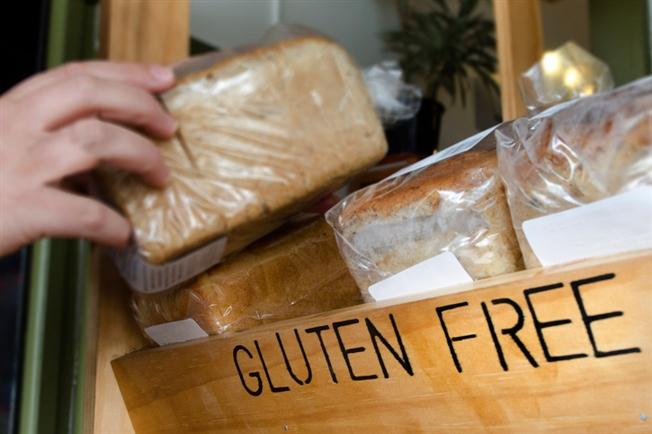What you should know before going gluten-free


But—unless it’s medically necessary—eliminating gluten from your diet could actually result in poorer health.
One of the pillars of a gluten-free diet is avoiding foods that contain grains like wheat, barley and rye, which can cause inflammation in those who are gluten intolerant or who have celiac disease.
But a new study from the BMJ (British Medical Journal) find that, if you don’t fall into either of these categories, cutting whole grains from your diet could impact your overall heart health.
“Whole grains truly are part of a healthy diet. They contain nutrients and antioxidants like vitamins B and E, magnesium, iron and fiber, which can reduce your risk for heart disease, stroke, and diabetes. Unless there’s a reason for you to remove grains from your diet, it’s better for your health for you to continue to incorporate them,” says Keith Laskin, MD, gastroenterologist and medical director of the Celiac Center at Paoli Hospital, part of Main Line Health.
A lack of whole grains can affect your digestive health, too. Fiber—found in foods like whole grain cereal, rice or bread—can help food move more quickly through the digestive tract.
If you’re cutting out grains in an effort to make healthier choices, consider another approach. Instead of choosing white rice or pastries, desserts and bread that are made with refined or enriched grains, opt for their whole grain counterparts.
“Before you buy a product, check the nutrition label of grain products to make sure that whole grains are one of the first ingredients,” advises Dr. Laskin.
Going gluten-free: Is it necessary?
If you’re convinced that going grain-free—or gluten-free—may be the answer to some of your health problems, make sure you get a diagnosis before making any significant changes. Although you may be sure that gluten is to blame for your bloating, bad skin or upset stomach, find out if that’s really the case.
A 2015 study found that, of 392 participants who reported uncomfortable physical symptoms after eating gluten, only 81 actually had celiac disease, a wheat allergy or non-celiac gluten sensitivity.
“Before you remove gluten from your diet, make sure that it’s medically necessary and that you have an accurate diagnosis. Treatment may involve more than just a change in your diet,” explains Dr. Laskin.
Wondering if a gluten-free diet is right for you? Join us at Paoli Hospital for two upcoming seminars on the topic of gluten and celiac: Before you go gluten-free on Wednesday, May 17 and Celiac disease—pathway to treatment with guest speaker Dr. Robert Anderson on Wednesday, May 24.